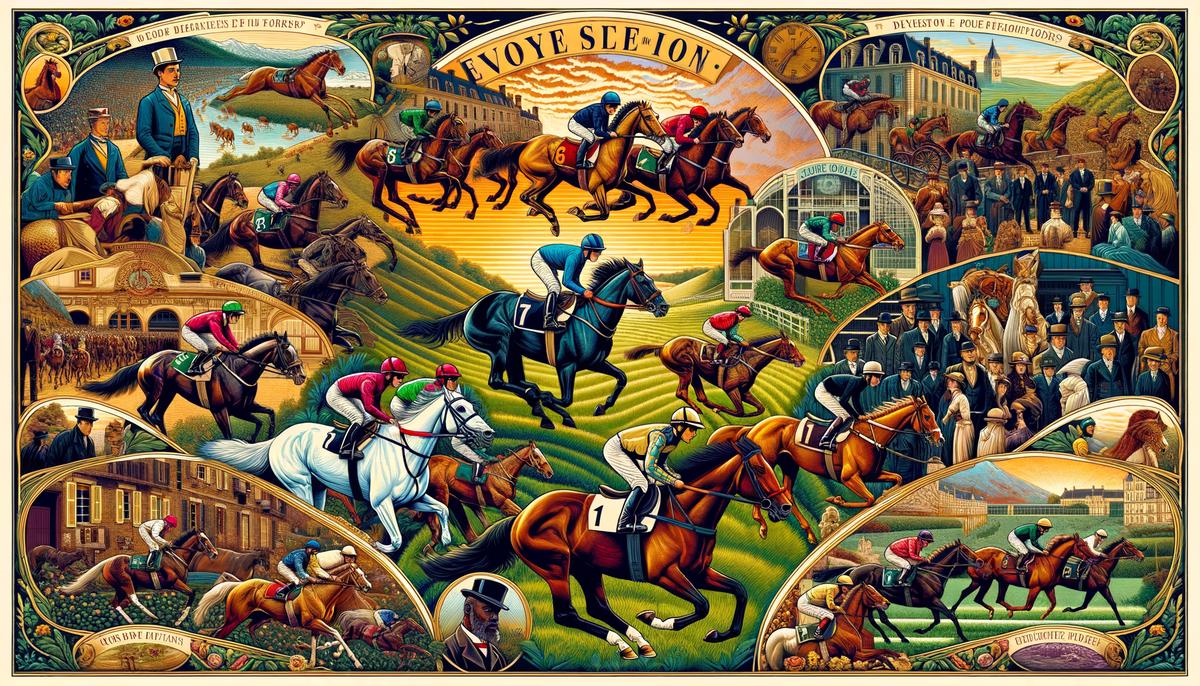Horse racing in France is a fascinating spectacle that captures the essence of the nation’s history and its vibrant present. This article will explore how this thrilling sport evolved from noble pursuits to a celebrated aspect of French culture, accentuating its unique characteristics through historic milestones and modern developments. By examining how traditions have intertwined with contemporary practices, we’ll gain insight into the enduring appeal of French horse racing and its significance both in France and around the globe.
Table of Contents (Horspedia)
History and Evolution of French Horse Racing
French Horse Racing: A Gallop Through History to Modern Triumphs
Horse racing in France, a blend of tradition and spectacle, has transformed significantly, evolving into an esteemed sport with a firm place in the country’s cultural heart. Diving into its origins, French horse racing can be traced back to the 12th century, when noble knights would race as part of their training. However, the sport as we know it today began to take shape in the 16th century, under the reign of King Francis I, a fervent supporter, thereby laying the foundation of horse racing’s prestige in France.
The pivotal moment came in 1651, with the establishment of the country’s first formal racecourse in the Bois de Boulogne, Paris, marking the transition of horse racing from a noble pastime to an organized sport. This evolution continued, but it was under Napoleon III’s influence in the 19th century that horse racing truly flourished. The Emperor’s enthusiasm led to the enhancement of racecourses and the introduction of the principal races which remain highlights of the French racing calendar today.
Taking a closer look, the structure of French horse racing distinguishes itself through two main types: flat racing, where the emphasis is on speed and stamina over level ground, and jump racing, testing agility and endurance over obstacles. These races capture the essence of the sport’s evolution, combining ancient traditions with modern competitive spirit. Key events such as the Prix de l’Arc de Triomphe, initiated in 1920, not only celebrate horse racing’s heritage but also highlight France’s standing in the international racing community.
The modern era of French horse racing is characterized by its rigorous regulation and fervent public support. A governmental body, France Galop, was established in 1995, underscoring the country’s commitment to the integrity and development of the sport. It supervises everything from breeding to training, ensuring high standards are maintained.
Beneath the surface of every race, French horse racing embodies an intricate collaboration between humans and horses. Jockeys, trainers, and breeders dedicate their lives to understanding and working with these magnificent animals, creating a synergy that fuels the sport’s allure. This relationship, steeped in a blend of art and science, captures the essence of the sport’s evolution, from medieval fields to modern racecourses.
Innovations in technology and training methods have also propelled French horse racing into the future. Advanced training facilities and veterinary care ensure horses are at their peak, while simulcasting and online betting have expanded the sport’s reach, inviting a global audience to partake in France’s storied racing tradition.
Today, French horse racing stands as a testament to the country’s rich history, a spectacle that combines time-honored customs with the excitement of modern sportsmanship. Its evolution from noble amusement to an organized and cherished sport reflects not just the change in horse racing but the transformation of French society itself, where the love for horse racing continues to gallop forward, unwavering and majestic.
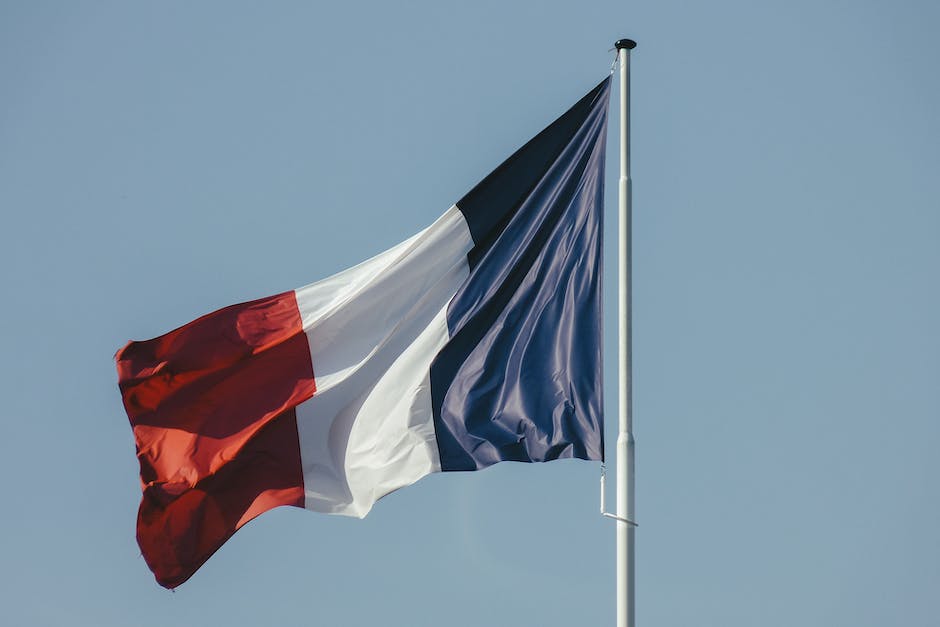
Major French Horse Races and Their Global Impact
Emerging from the rich tapestry of its history, French horse racing continues to captivate a global audience, not just for its legacy but for the sheer excitement and sophistication it brings to the equestrian world. Among the glittering jewels in France’s racing crown are events that, year after year, draw enthusiasts, bettors, and tourists from every corner of the globe. The allure of these races lies not just in their historic significance but in the electric atmosphere they generate, the caliber of horses they attract, and the grandeur of the prizes on offer.
Leading the pack, the Prix de l’Arc de Triomphe stands as the pinnacle of French horse racing. Held annually in October at the iconic Longchamp Racecourse in Paris, this prestigious race has a storied past dating back to 1920. Offering one of the most coveted titles in thoroughbred racing, its global prestige stems from the level of competition, with only the best of the best lining up to compete for glory. The “Arc,” as it’s affectionately known, isn’t just a race; it’s a spectacle, a blend of high fashion, gourmet dining, and elite sporting action that reflects the very essence of French elegance. The international acclaim it receives underlines the race’s ability to transcend the sport, becoming a cultural phenomenon that highlights the enduring appeal of horse racing.
While the Prix de l’Arc de Triomphe might be the crown jewel, the Prix du Jockey Club, often referred to as the French Derby, also pulls in a global audience with its rich history and tradition. Taking place at the Chantilly Racecourse, this event showcases some of the world’s finest 3-year-old colts and fillies competing over a distance that tests both speed and stamina. The race’s prestige is mirrored in its participants, with winners often going on to become legends in the breeding world, further cementing its status on the international stage.
Not to be overshadowed, the Grand Steeple-Chase de Paris introduces the element of jump racing to the world stage. This demanding race pushes horses and jockeys to their limits, navigating a challenging course that’s as unpredictable as it is thrilling. The Grand Steeple-Chase has a way of capturing the imagination of racing fans worldwide, showcasing the bravery and skill involved in this discipline. It adds a visceral intensity to the elegance of flat racing, offering a starkly gripping counterpoint that broadens the appeal of French racing.
On the turf of Deauville, the Prix de Diane (French Oaks) unfurls with grace, presenting a test for the finest 3-year-old fillies. Often dubbed the “most elegant day at the races,” it rivals the Arc in terms of fashion and flair, while the sporting competition remains fiercely world-class. The Prix de Diane not only contributes to the lore of French racing but also serves as a showcase for future breeding matriarchs, underscoring the depth and sophistication of the sport.
These races, along with many others in the French racing calendar, continue to draw international attention for a myriad of reasons. From the history and tradition they carry, the level of competition they offer, to the sheer spectacle they provide, they embody the essence of horse racing’s enduring charm. Moreover, they reflect the careful balance between human and equine partnership, a celebration of athleticism, strategy, and sometimes, sheer luck.
What further elevates French races in the global consciousness is their accessibility to a broader audience, thanks to advancements in live streaming and broadcasting technologies. Fans from Tokyo to New York can partake in the thrill and pageantry of French racing, bridging distances and creating a unified global community bonded by the love of the sport.
In summary, French horse races like the Prix de l’Arc de Triomphe, Prix du Jockey Club, Grand Steeple-Chase de Paris, and the Prix de Diane, among others, continue to captivate the global audience. Their blend of history, high stakes, and heart-pounding action not only celebrates the best of horse racing but also immortalizes the timeless allure of this magnificent sport. Through these races, France proudly champions a legacy that spans centuries, inviting the world to witness the spectacle and majesty of horse racing at its finest.
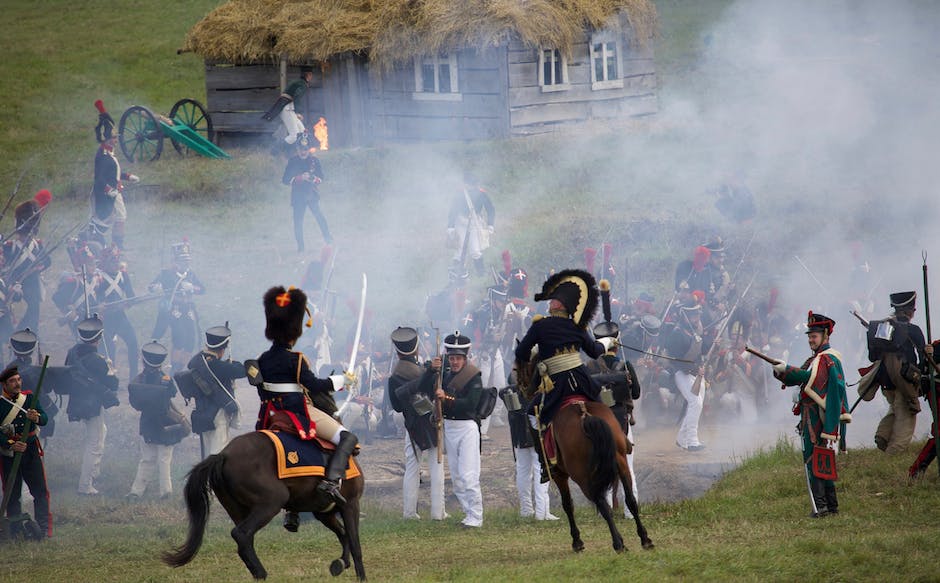
Key Figures in French Horse Racing
Delving into the fascinating realm of French horse racing, certain names resonate through time, immortalized for their contributions to this thrilling sport. These titans of the turf have left indelible hoofprints on the courses, shaping the spectacle of French horse racing into what it is today. Let’s explore the prowess and legacy of these luminaries.
André Fabre
stands tall amongst the elite, a master trainer whose strategies and insight have clinched over 30 French champion trainer titles since 1987. Fabre’s horses have been victorious in numerous prestigious races, including the Prix de l’Arc de Triomphe, a race he has won eight times. His mastery is not just confined to France; his influence extends globally, marking him as a titan whose knowledge and tactics have enriched the sport immensely.Yves Saint-Martin
, a jockey whose name is synonymous with French horse racing. Over a glittering career that spanned three decades, Saint-Martin’s partnership with horses was nothing short of poetic, leading him to secure four victories in the Prix de l’Arc de Triomphe among countless other accolades. His intuitive understanding of his mounts and uncanny ability to coax maximum effort from them placed him in a league of his own.Françoise Dupuis
is a name that may not ring as many bells as others, but her significance in the annals of French horse racing cannot be understated. As one of the first female trainers to break through the sport’s glass ceiling, Dupuis has not only trained winners for top-tier races but also championed the cause of women in horse racing, making the sport more inclusive and diverse.Marcel Boussac
, the textile magnate turned horse racing enthusiast, was known for his Midas touch in both breeding and racing. Boussac’s breeding operations produced several champions that triumphed in France’s most coveted races, underscoring his eye for equine potential and his commitment to the sport’s growth. His legacy is a testament to the profound impact of passionate patrons on French horse racing.Pierre-Charles Boudot
, a name that shines bright in the constellation of French jockeys, has amassed an enviable record, including winning the Prix de l’Arc de Triomphe. Boudot’s tactical brilliance, strength, and timing have made him a formidable presence on the track, earning him international acclaim and setting a high benchmark for aspiring jockeys. The contribution of these titans to French horse racing extends beyond mere victories; they have enriched the tapestry of the sport with their skill, dedication, and passion. Through their achievements, they have ensured that French horse racing remains a spectacle of elegance, excitement, and excellence, captivating audiences worldwide and etching their names in history. As the sport evolves, the legacy of these luminaries continues to inspire and shape the future of horse racing in France and beyond.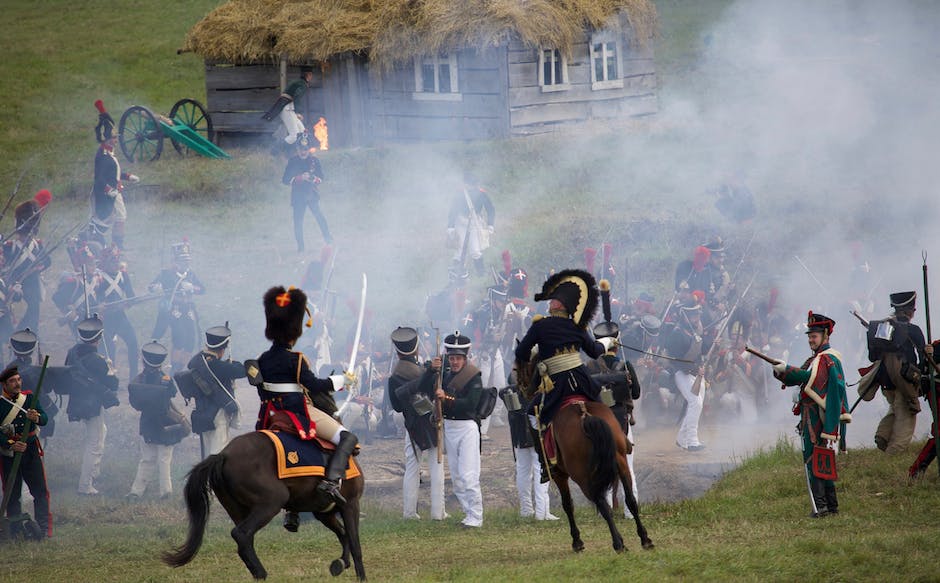
The Role of Betting in French Horse Racing
Betting transforms the French horse racing experience, injecting excitement and offering spectators a personal stake in the outcome. Picture the grand stands filled with eager eyes, all scanning the racecourse, their hands clutching betting slips like treasure maps leading to potential fortune. This isn’t just a sport; it’s an interactive spectacle where knowledge, luck, and strategy intertwine.
In France, the art of betting on horse races is both a tradition and a modern excitement. It’s not merely placing a wager; it’s understanding the nuances of the race, the condition of the track, and the history of the horses and their jockeys. For some, it’s a casual flutter to add spice to their day at the races; for others, it’s a serious endeavor, studying form guides and weather reports with the intensity of a scholar deciphering ancient texts.
The heartbeat of French racing betting can be found in the PMU (Pari Mutuel Urbain), the cornerstone of horse race betting in France. Established in 1930, the PMU is not just a betting operator; it’s a cultural institution, funding racing and breeding across the nation. When you place a bet with PMU, you’re not just aiming for a win; you’re participating in a century-old system that supports the very fabric of French equestrian excellency.
Imagine the vibrant scene at the Prix de l’Arc de Triomphe, one of the world’s premier horse racing events, held in the stunning setting of Longchamp Racecourse in Paris. Here, betting adds a layer of anticipation and thrill unparalleled in most sports. It’s more than guessing who will cross the finish line first; it’s about feeling part of something grander, a celebration of speed, skill, and elegance. Bettors pore over racecards, debating the merits of each contender, turning the act of betting into a social ritual.
Online betting has revolutionized how fans engage with horse racing, allowing bets to be placed from anywhere, not just at the racetrack. This accessibility has invited a new wave of enthusiasts to explore the exhilarating world of horse race betting, blending tradition with technology. Live streaming races, virtual betting options, and interactive online platforms have widened the appeal, drawing in a global audience.
The French approach to betting isn’t just about the potential to win; it’s deeply intertwined with the love for the sport. It’s a respectful nod to the history, the skill of the jockeys, and the spirit of the horses themselves. Yet, it’s also an embrace of the future, an acceptance of change and innovation in how the sport thrives and grows.
Engaging in betting at French horse races is to partake in a collective experience that spans beyond the individual. Whether you’re at the historic tracks of Chantilly or the digital realm, betting is a vital thread in the rich tapestry of French horse racing, offering a unique blend of tension, entertainment, and the chance to be part of a legacy that races on.
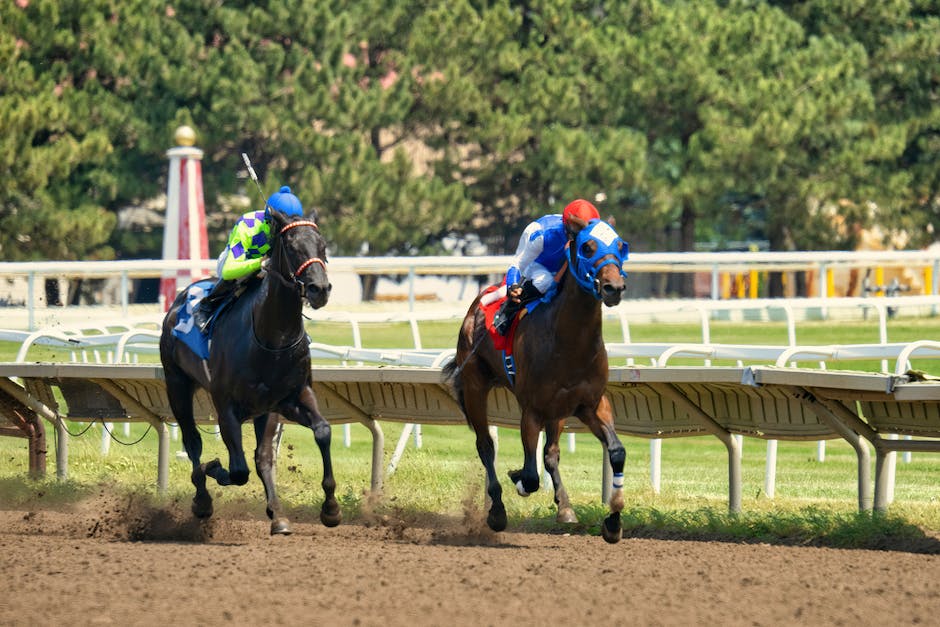
Through the lens of time, French horse racing has not only sustained its majestic allure but has also significantly impacted the cultural and sporting landscape of France. Its evolution from medieval contests to a cornerstone of national heritage and a beacon of international prestige reflects a narrative of passion, innovation, and resilience. As this sport continues to thrive, it carries forward a legacy of excellence, unity, and the enduring spirit of competition. French horse racing, with its blend of history, craftsmanship, and the sheer joy of the sport, remains a treasure of the equestrian world, inviting future generations to cherish and partake in its splendid tradition.
